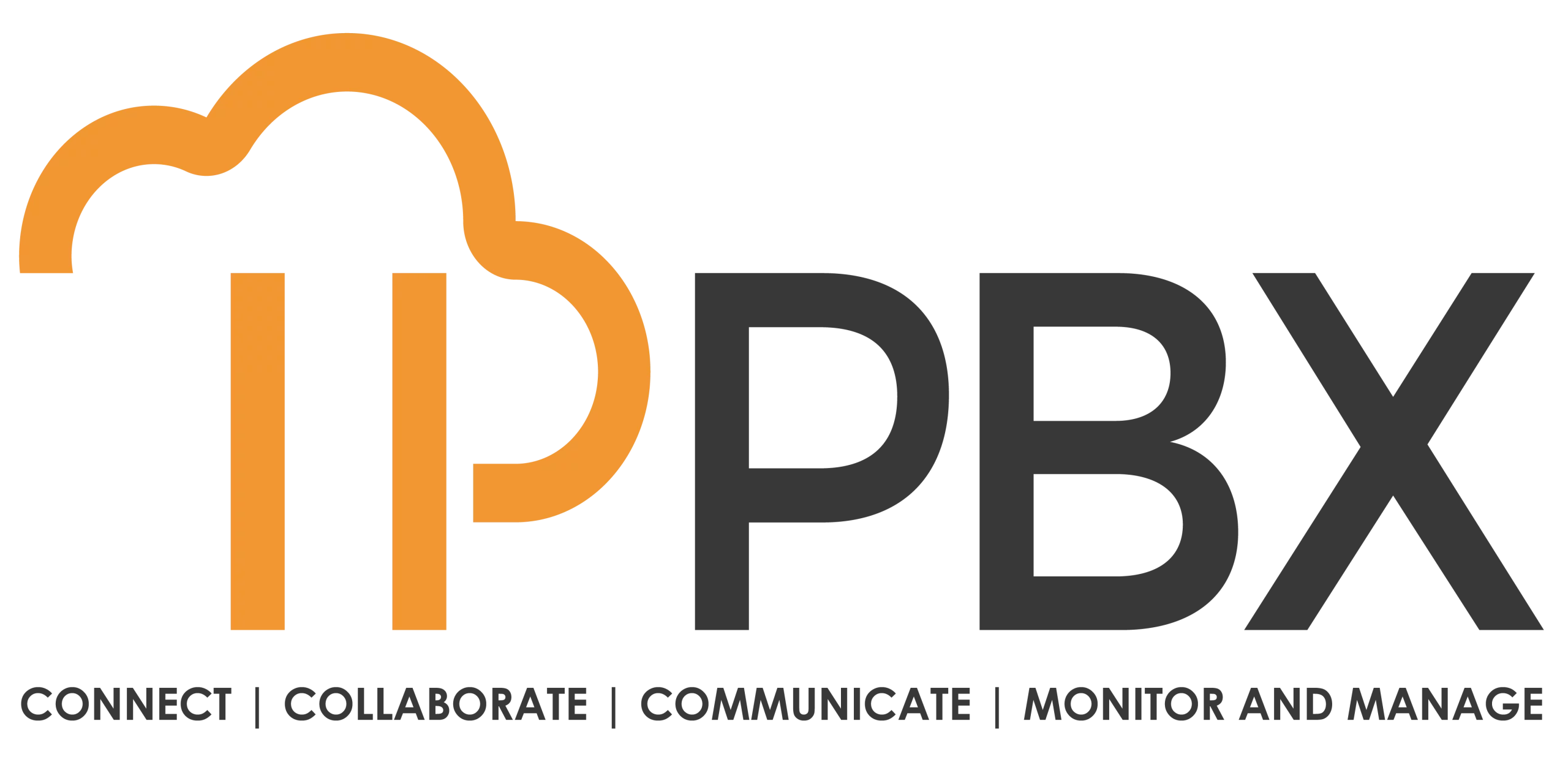In today’s digital age, data is one of the most valuable assets for any business. As organizations increasingly rely on digital solutions, the importance of effective data backup strategies cannot be overstated. Cloud backup solutions, especially those offering offsite data backup storage and disaster recovery, provide a comprehensive way to protect your data from various threats. In this article, we will explore the top five cloud backup features your business needs to ensure data security and continuity.
1. Automated Backup Processes
Why Automation Matters
One of the most significant advantages of cloud backup solutions is the ability to automate backup processes. Manual backups can be prone to errors and can easily be forgotten, leading to data loss. Automation ensures that your data is regularly backed up without requiring constant oversight.
Key Benefits
- Consistency: Automated backups run on a predetermined schedule, ensuring that your data is consistently protected.
- Reduced Human Error: By eliminating the need for manual intervention, automation minimizes the chances of mistakes.
- Time-Saving: Employees can focus on core business activities instead of spending time on backup tasks.
2. Robust Security Features
The Importance of Data Security
In an era of increasing cyber threats, strong security measures are essential for protecting sensitive business data. A reliable cloud backup solution should offer robust security features to safeguard your information.
Essential Security Features
- Data Encryption: All data should be encrypted both at rest and in transit. This means that even if data is intercepted, it cannot be accessed without the appropriate decryption key.
- Access Controls: Implementing role-based access controls ensures that only authorized personnel can access sensitive data, reducing the risk of insider threats.
- Regular Security Audits: Continuous monitoring and auditing of security measures help identify potential vulnerabilities and ensure compliance with regulations.
3. Scalability
Why Scalability is Critical
As your business grows, so do your data storage needs. A cloud backup solution should be scalable, allowing you to adjust your storage capacity based on current requirements without significant investments in new hardware.
Benefits of Scalability
- Flexibility: Easily increase or decrease storage capacity to match your business needs.
- Cost-Effectiveness: Pay only for the storage you use, preventing unnecessary expenses associated with over-provisioning.
- Future-Proofing: Ensure that your backup solution can grow with your business without requiring a complete overhaul.
4. Quick and Reliable Data Recovery
The Need for Fast Recovery
In the event of data loss, whether due to hardware failure, cyberattacks, or natural disasters, the ability to quickly recover data is crucial for business continuity. A cloud backup solution should provide reliable and speedy recovery options.
Features for Efficient Recovery
- Granular Recovery Options: The ability to recover specific files or entire systems quickly can minimize downtime and disruption to business operations.
- Disaster Recovery Solutions: Offsite data backup storage helps ensure that your data is safe from local disasters. A well-structured disaster recovery plan outlines the steps to restore operations swiftly.
- User-Friendly Recovery Interface: A simple and intuitive recovery interface allows employees to quickly access and restore data without extensive technical knowledge.
5. Comprehensive Reporting and Monitoring
The Importance of Monitoring
To ensure your cloud backup solution is working effectively, comprehensive reporting and monitoring features are essential. These tools provide insights into backup status, storage usage, and potential issues.
Key Reporting Features
- Backup Status Reports: Regular updates on the status of backups help identify any failures or gaps in protection.
- Storage Utilization Reports: Understanding how much storage is being used allows businesses to manage resources efficiently and plan for future needs.
- Alerts and Notifications: Real-time alerts can notify administrators of any issues, enabling immediate action to address potential problems.
Conclusion
Implementing a robust cloud backup solution with the right features is essential for ensuring data security and business continuity. By focusing on offsite data backup storage and disaster recovery, businesses can protect their critical information from various threats while optimizing their operations.
The top five cloud backup features your business needs—automated backup processes, robust security, scalability, quick recovery, and comprehensive reporting—are crucial for maintaining a resilient data management strategy. Investing in these features will not only safeguard your data but also enhance overall operational efficiency.
To learn more about how cloud backup solutions can benefit your business, visit www.sequelnet.com today.

